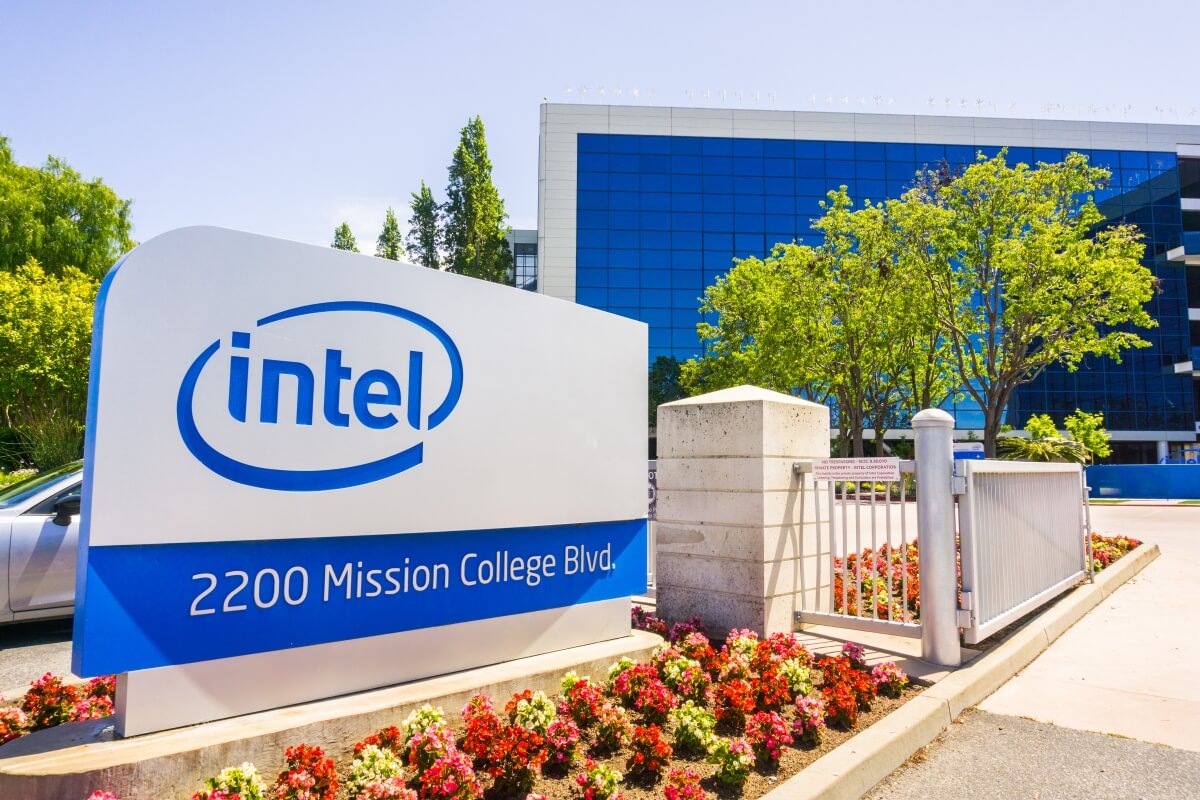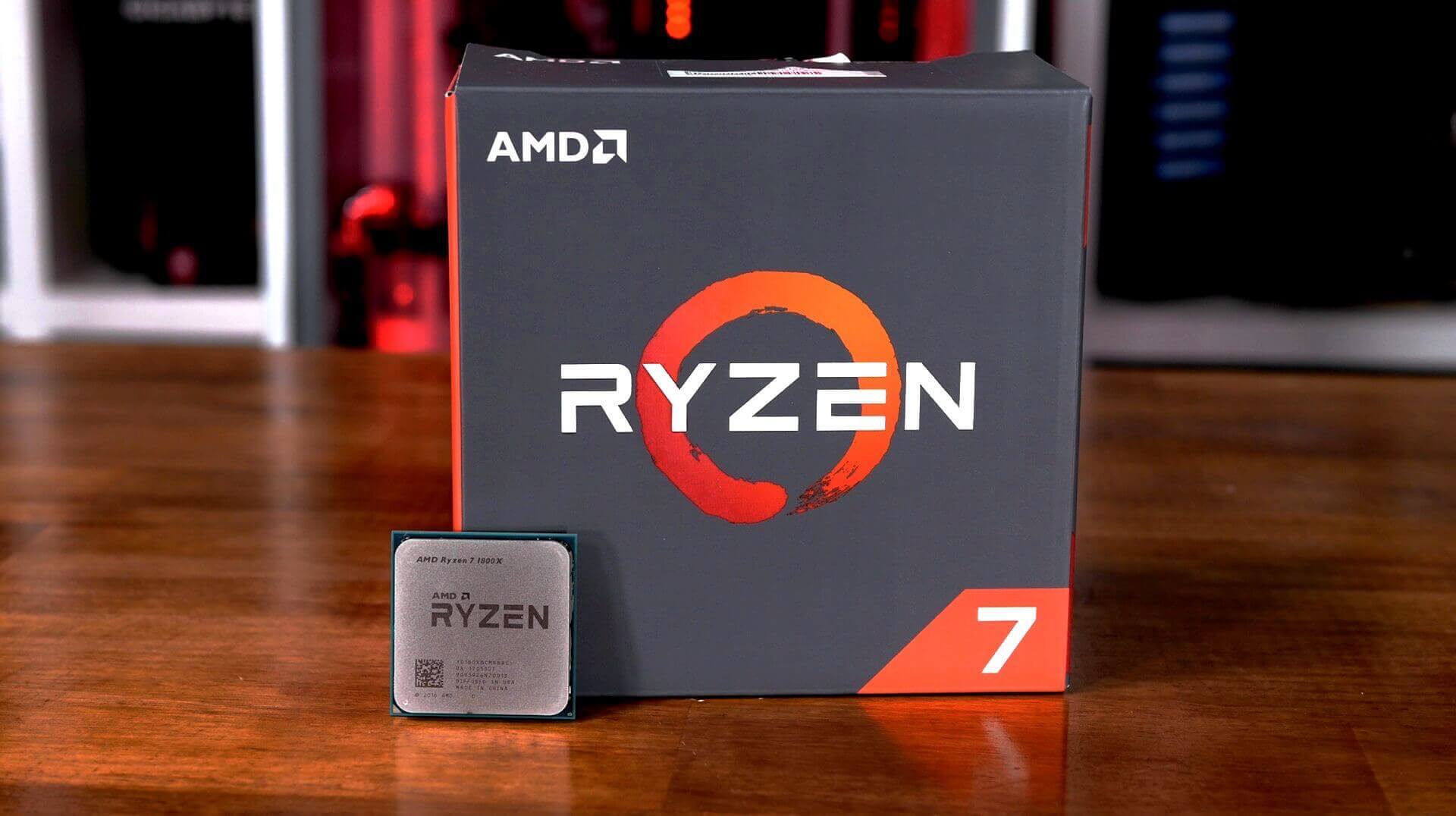What just happened? A recent post on Intel’s employee-only portal titled, “AMD competitive profile: Where we go toe-to-toe, why they are resurgent, which chips of ours beat theirs,” has found its way to Reddit and offers a fascinating glimpse into how Intel perceives one of its largest competitors and the challenges it is posing to some of its divisions.

Lisa Su’s turnaround of AMD since taking over as CEO in late 2014 has been nothing short of remarkable. The chipmaker is putting up a much better fight – across multiple industries, mind you – and both consumers and investors have taken notice.
Chief rival Intel hasn’t turned a blind eye, either.
Penned by Walden Kirsch as part of “the latest in a Circuit News series on Intel’s major competitors,” the piece notes how AMD was the best-performing stock on the S&P 500 last year and enjoyed its second straight year of greater than 20 percent annual revenue growth in 2018. One of the reasons for AMD’s resurgence, Kirsch surmises, is its strategic re-focus on high-performance products in the desktop, datacenter and server markets.

Specifically, Kirsch highlighted AMD’s use of TSMC’s 7nm manufacturing process, victories in public cloud offerings and its next-gen Zen-core products as factors that will “amplify the near-term competitive challenge from AMD.”
As such, Intel will face “tough competitive challenges” today and into the near future, said Intel’s AMD competitive expert Steve Collins.
The company believes its 9th Gen Core processors will beat AMD’s Ryzen-based products in lightly threaded productivity benchmarks as well as in gaming benchmarks. With regard to multi-threaded workloads, Intel said AMD’s Matisse “is expected to lead.”
AMD gains a significant advantage in utilizing TSMC’s 7nm process – namely, a per-core frequency bump and lower power, meaning they can scale to more cores per processor. What’s more, Intel said AMD’s pricing will be significantly below theirs “so they’ll likely get good performance-per-dollar,” Collins said.
Digging in on the pricing argument, Collins had this to say:
It's not well understood that Intel actually offers the market a larger selection of product pricing. While the press often likes to focus on Intel's top price points being higher than AMD's top price, few people recognize that Intel also offers lower entry pricing than AMD. So Intel offers more price point choices to our customers.
Adding a bit of positive spin…
Additionally, I would say users don't buy a chip. They buy a system. They buy a whole solution that includes software enabling, vendor enabling, validation, technical support, manageability, out-of-box experience, supplier sustained consistency, and more. So, yes, while an OEM or ODM might buy a chip, the end user doesn't generally buy only a chip. We believe that our product pricing vis-à-vis AMD reflects the great deal of added value that specifically comes from buying Intel with our decades of unmatched investments in validation, software, and security.
And on the enterprise side…
Especially for enterprise customers, acquisition cost is just one part of the total cost of ownership. Customers using an alternative solution may need additional validation, optimization, debugging, and certifications - all normal cost adders when introducing a new solution in an IT environment. Additionally, some software is licensed per core and therefore more cores from the AMD solution results in higher licensing costs.
On the server side, Intel said its mainstream Xeon server products “will be challenged on throughput-oriented benchmarks that scale well with core count.” The chipmaker expects Xeon to have cache and memory latency advantages over AMD’s Rome product for servers and thus, be competitive “on applications that require fast response times and are sensitive to memory latencies like database, analytics, web serving, and so on.”
Also of interest is Intel’s viewpoint on the Cinebench benchmark.
In the longstanding industry debate over benchmarks - whose to use? - Cinebench is often used by AMD, since it favors high core/thread count and represents one of the best-case benchmarks for AMD. Intel believes that Cinebench is not a representative benchmark for general platform evaluations and real life workloads.
Intel’s self-professed “secret sauce,” which one employee said “makes me cringe,” isn’t a single ingredient at all but rather, its six pillars of innovation – process, architecture, memory, interconnect, security and software.
The write-up concludes with a Q&A session with Collins that expands on many of the article's earlier points. It really is an interesting look from the inside, even if it is spin-heavy in a few areas. It's also thought-provoking that not all employees are drinking the Kool-Aid.
Masthead credit: Intel sign by Sundry Photography